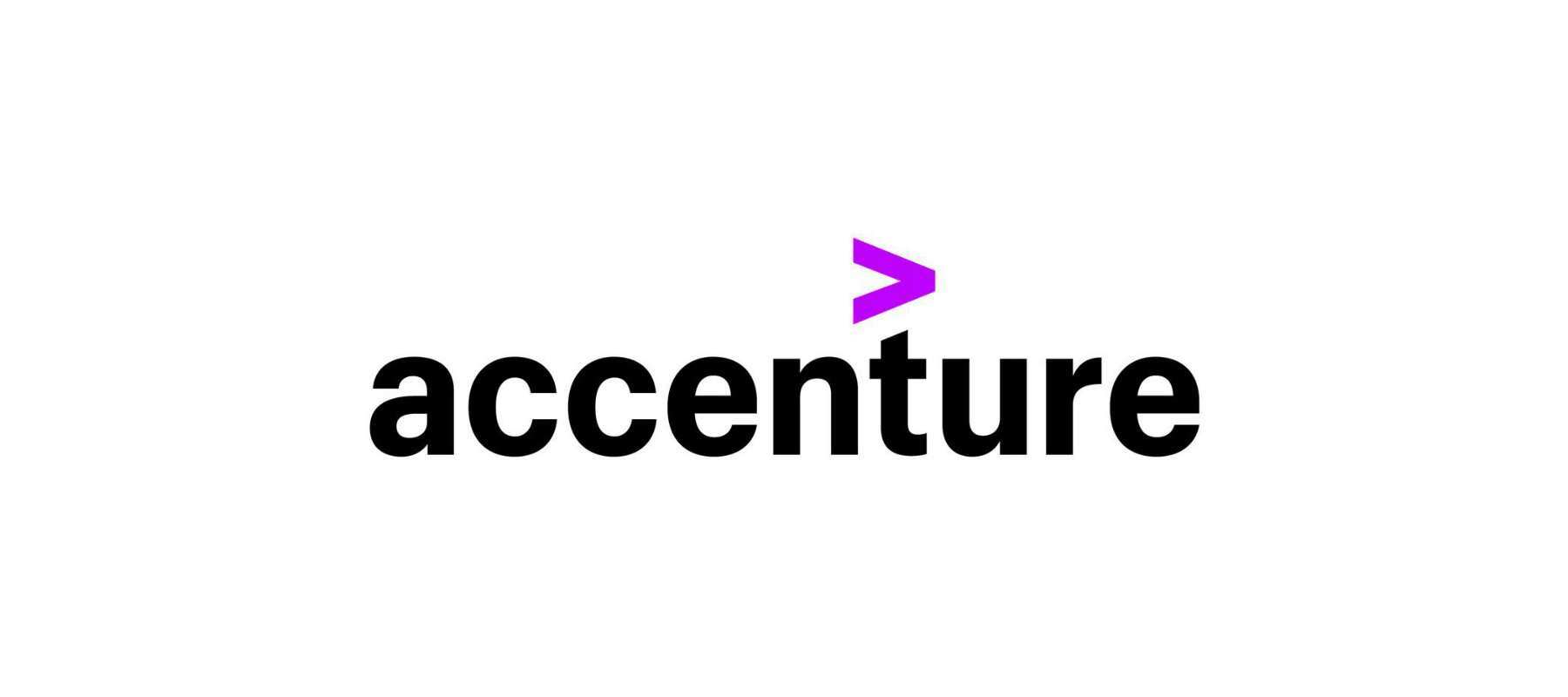Contents
First published by The Enterprisers Project, our CEO Marc Vontobel discusses the great importance of agile transformation for companies today. These three strategies are integral to our modern workplace:
Today's increasingly digital work environment calls for agile processes and methodologies. Consider these strategies to achieve and assess agility in your organization.
Over the last two years, organizations have shifted plans and priorities to meet the challenges of a new hybrid workplace. Planning, along with the ability to adjust and reset as necessary, are important. The last two years have exposed areas within organizations that are stagnant, outdated, or bottlenecked.
IT departments that were slow to ramp up their digital transformation had a lot of ground to make up. Customers demand exceptional service and immediate response. Companies with outdated succession plans were forced to revisit and revise them due to The Great Resignation and the scarcity of experienced workers. Remote work created silos, impeding collaboration and onboarding.
As a result, agile transformation progress has taken on greater importance. Companies must act quickly and effectively to industry, organizational, and cultural changes. How can organizations maintain business productivity while ensuring the employee experience is collaborative? And how can you, as an IT leader, measure your organization’s progress to ensure that the entire enterprise is agile and can respond effectively?
3 agile transformation strategies
Leaders who can answer these questions and recalibrate how they implement and measure their agility progress should be able to weather any storm. The following strategies are integral to our new digital workplace.
1. Break down silos through a more inclusive culture
With remote and hybrid work continuing into 2022, leaders should focus on breaking down silos. Many people are still feeling isolated, and remote work will likely continue for the foreseeable future. This can lead to burnout, lack of engagement, performance shortfalls, and disconnects in communication and accessing information.
Establish an inclusive culture in which employees across the organization understand their roles and can access the resources necessary to perform their jobs and achieve their potential. Being able to communicate with anyone in an organization, regardless of whether they are in one’s own department or in top management, ensures employees get the information they need to meet their benchmarks and help the organization reach its overall goals.
Breaking down these information silos and building greater inclusivity also allows the organization to pivot quickly and effectively, which is crucial to agility. When organizations support a truly inclusive environment where all employees are free and able to communicate and access knowledge, they are more likely to remain connected and committed to the process and willingly adapt when the situation dictates it.
2. Build more knowledge and collaboration into daily functions
Though knowledge management has been on our radar for several years, the pandemic created a sense of urgency to ensure that organizations are equipped to navigate uncharted waters and thrive in the process. Better access to knowledge and greater collaboration are effective barometers to assess how an organization’s agility transformation is progressing.
A January 2022 Harvard Business Review article noted that collaboration and technologies that enable it encourage stronger interactions between managers and employees and foster more empowered knowledge workers. Being able to access the right information from the right people within an organization quickly can provide greater agility as well as measure its progression.
Too many organizations left much of their knowledge untapped due to outdated and bottleneck processes. In fact, 80 percent of undocumented human knowledge goes untapped. By mining every organizational knowledge resource, employees can work together beyond the scope of their own team, personal network, and organizational silos, eliminating remote worker disconnects, data gaps, and inaccurate or outdated information.
Moreover, employees become empowered to build on their knowledge set, increase productivity, enjoy a greater stake in their work, and reach their potential without organizational hierarchies, geography, cultures, or languages impeding their work. The result is higher cultural inclusivity and increased organizational agility.
Investing in tools, procedures, and cultural shifts that close the knowledge gaps, break down silos, and foster greater collaboration provides a return on investment in agility, retention, and productivity. Additionally, higher concentrations of knowledge collaboration unleash enormous amounts of tacit knowledge that would otherwise remain hidden and unutilized.
3. A focus on engagement will lead to better performance
Studies show that many employees feel unheard and unseen by their managers and organizations. Organizations that focus on regular communication as well as knowledge-sharing and collaboration yield employees who are more engaged and perform at higher levels.
Think of it this way: How often have you seen someone openly ask for advice, information, or resources on social media? Inevitably, many people respond by willingly sharing their knowledge and experience. This reinforces the concept that humans thirst for knowledge and share it generously. Why wouldn’t we employ similar knowledge-sharing and collaboration in the workplace?
Interestingly, this approach also encourages increased sharing of tacit knowledge (soft skills, experience, etc.), which can provide distinct advantages in the agile transformation process.
While technology is a vital component of agile transformation, an organization’s people are its lifeline. Organizations that encourage knowledge collaboration – critical to agile transformation progress – across the enterprise and in real-time will empower their employees to be more productive and motivated, and better able to pivot quickly when addressing the next societal, financial, or organizational crisis.
Organizations that commit to true and lasting agility will recognize that more scalable knowledge collaboration leads to better engagement, which fosters higher performance and ultimately, the resilience necessary to rise to the challenges of today and tomorrow.




